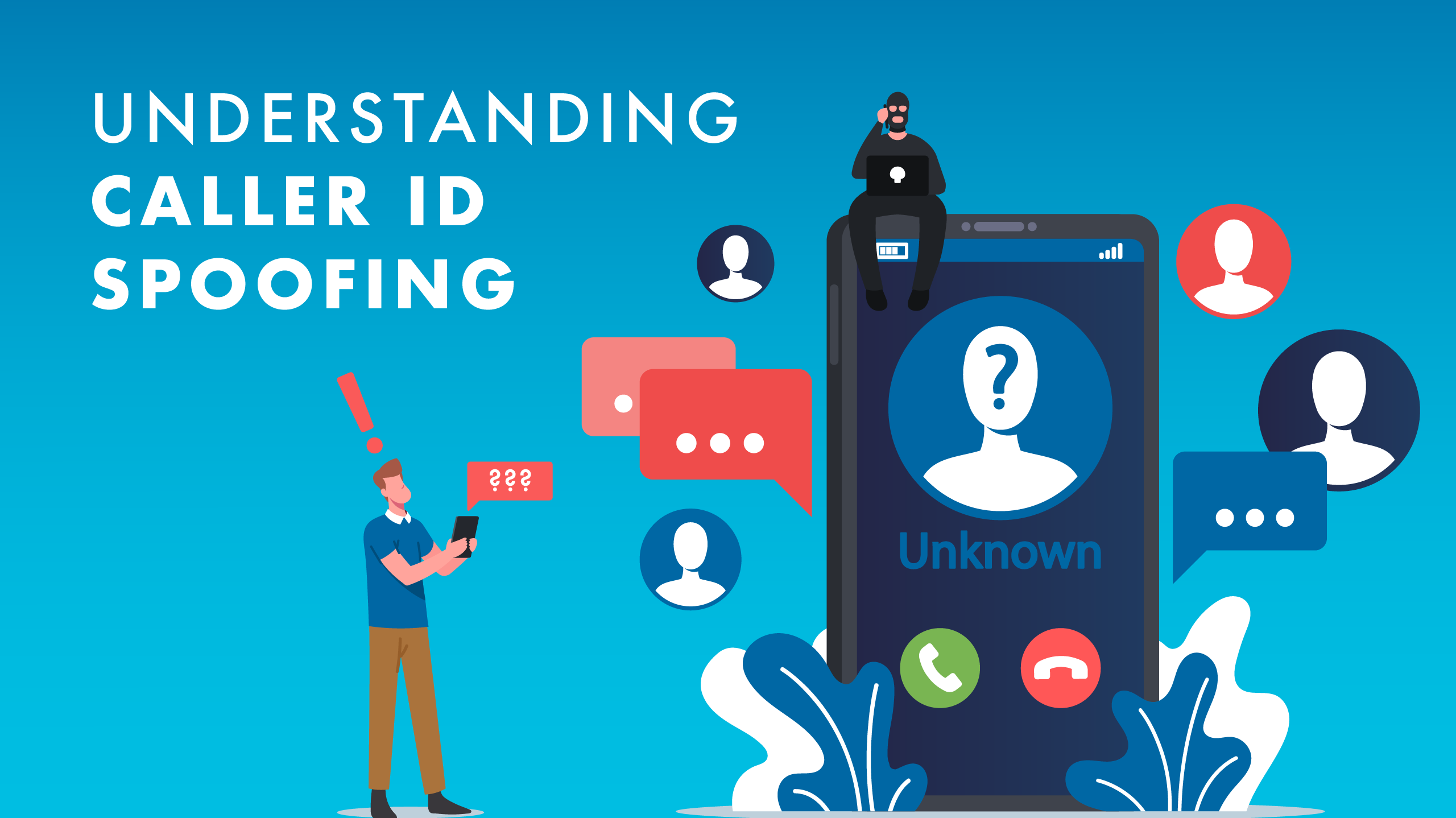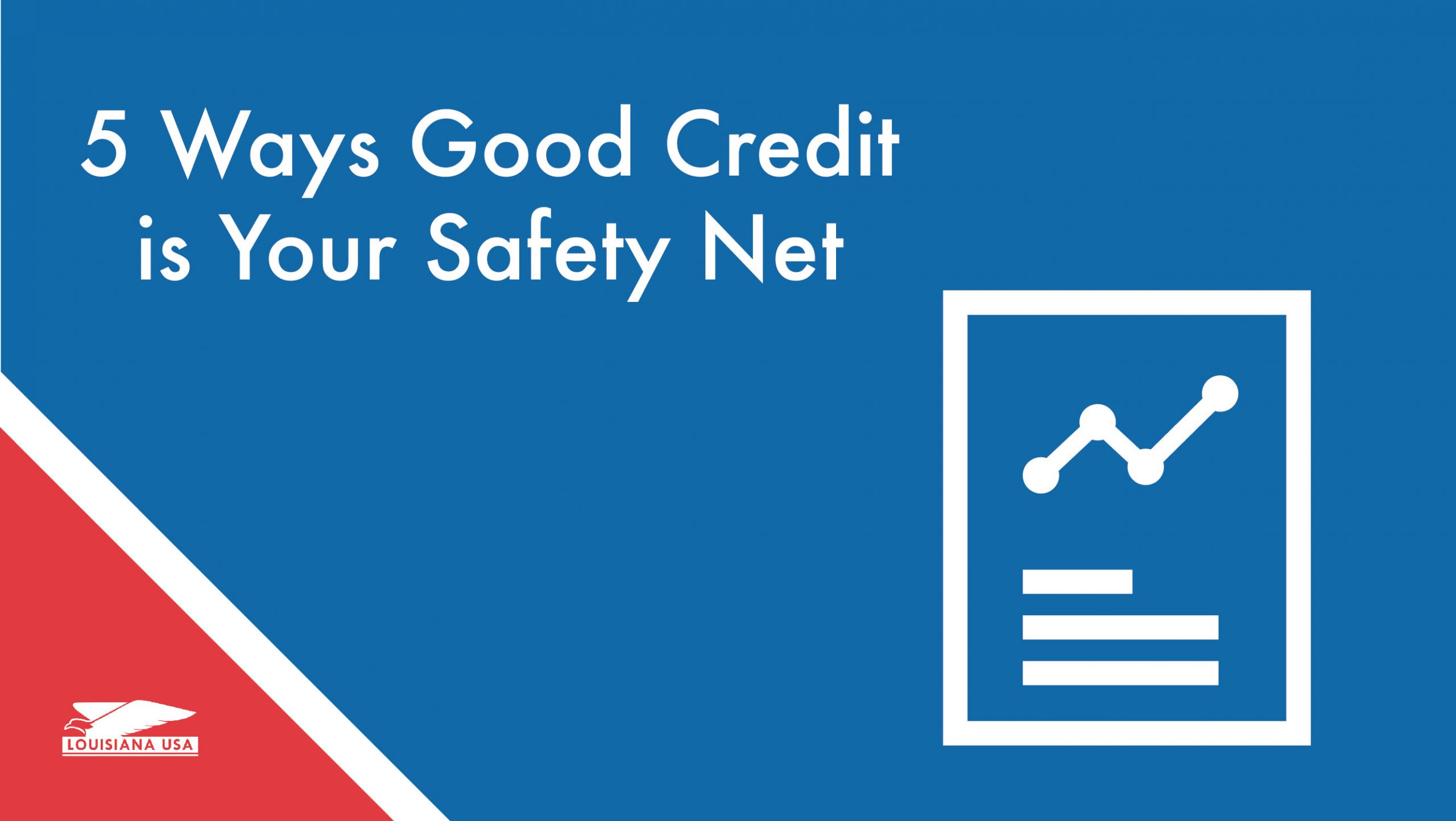
Understanding Caller ID Spoofing
In today’s digital age, it’s becoming increasingly important to be vigilant and cautious when it comes to incoming phone calls. Caller ID, a feature designed to help us identify who’s calling, has unfortunately become a tool that scammers and fraudsters exploit for their malicious purposes. This practice is known as Caller ID spoofing, and it’s something we all need to be aware of to protect ourselves from potential scams.
NOTE: Louisiana USA will never ask for private/sensitive information over the phone. Nor will we ever contact you from a number that is not directly associated with Louisiana USA.
How Does Caller ID Spoofing Work?
Caller ID spoofing is a deceptive technique used by scammers to manipulate the information that appears on your caller ID display. Here’s how it happens:
Automated Dialing Software
Scammers employ automated dialing software to set up robocalls. This software can dial thousands of numbers in a matter of minutes, making it incredibly efficient for scammers to reach potential victims.
Choosing Display Information
Once the robocall system is in place, scammers have control over what information is displayed on your caller ID. They can decide what name and number will appear, making it look like the call is coming from a legitimate source, such as a local business, government agency or even Louisiana USA.
Mass Calling
With their automated systems ready, scammers can start making calls, potentially reaching millions of people over internet phone lines in just a short period of time. This massive scale of operation is what makes Caller ID spoofing so problematic and lucrative for scammers.
Why Should You Be Concerned?
Caller ID spoofing presents a significant threat because it can trick you into answering calls you might otherwise avoid. Scammers use various tactics, such as impersonating banks, government agencies or well-known companies, to gain your trust and extract sensitive information, including personal and financial details.
Additionally, Caller ID spoofing can be used for other nefarious purposes, like conducting phishing attacks, spreading misinformation or harassing individuals. Trusting your caller ID without question can put your privacy and security at risk.
Protecting Yourself from Caller ID Spoofing
Be Skeptical
Don’t always trust what your caller ID displays. If a call seems suspicious, even if it looks legitimate on the caller ID, exercise caution.
Don’t Share Personal Information
Never share personal or financial information over the phone unless you are absolutely certain of the caller’s identity. Legitimate organizations will not ask for sensitive information over the phone.
Verify Caller Information
If you receive a call from an unfamiliar or unexpected source, hang up and independently verify the contact information for that organization. Call them back using a number you find on their official website or documents. For Louisiana USA, you can reach us at (225) 292-8910 to verify.
Use Call Blocking and Filtering Apps
Consider using call blocking and filtering apps that can help identify and block suspicious or known scam numbers. These apps can provide an extra layer of protection.
Report Scams
If you suspect a call is a scam or if you have fallen victim to Caller ID spoofing, report it to your local authorities and relevant government agencies. They may be able to take action against the perpetrators.
Caller ID spoofing is a prevalent and deceptive practice used by scammers to manipulate your perception of incoming calls. To protect yourself and your personal information, it’s crucial to remain vigilant, be skeptical of unknown calls and educate yourself about common phone scams. Don’t trust your caller ID blindly; instead, take proactive steps to ensure your safety and privacy.
Want to learn more about how to protect yourself against fraudulent scams? Contact us today and see how we can help.





